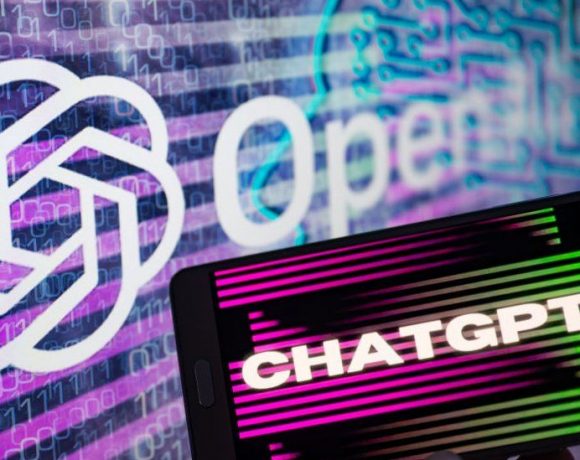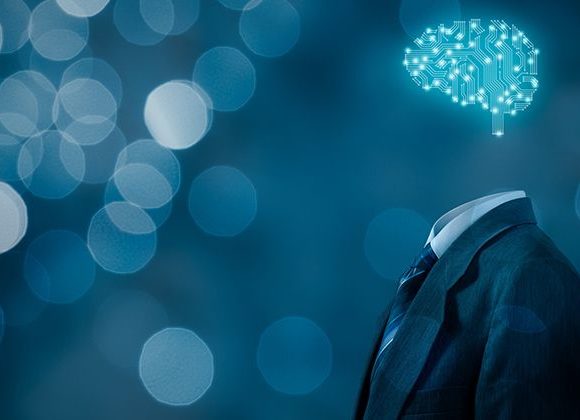
Italy has become the first Western nation to obstruct ChatGPT, an intelligent chatbot. The model, developed by US start-up OpenAI and supported by Microsoft, raised privacy issues, according to the Italian data protection authorities.
With “immediate effect,” the agency said it will forbid OpenAI and launch an investigation. Since its debut in November 2022, ChatGPT has been used by millions of users.
With the internet as it was in 2021 as its database, it can replicate different writing styles and respond to queries in a manner that is natural and human-like. It was included to Bing last month after Microsoft invested billions in it.
Word, Excel, PowerPoint, and Outlook will all have a version of the technology integrated into them, according to the company.
Concerns have been raised about the possible downsides of artificial intelligence (AI), including the threat it poses to employment and the spread of bias and false information. Elon Musk and other prominent industry heavyweights called for the suspension of these AI systems earlier this week over concerns that the race to develop them was out of control.
In addition to blocking OpenAI’s chatbot, the Italian watchdog declared that it will look into whether it complies with the General Data Protection Regulation. The GDPR sets rules for the collection, use, processing, and storage of personal data.
The data breach involved user communications and payment details, the watchdog reported on March 20.
It claimed that there was no legal justification for “the widespread collecting and storage of personal data for the purpose of ‘training’ the platform’s operating algorithms.”
It added that the software “exposes minors to utterly improper replies relative to their degree of development and knowledge” because there was no method to confirm the users’ ages.
Due to the same worries, Bard, Google’s competing artificial intelligence chatbot, is currently only accessible to select persons above the age of 18.
The Italian data-protection authority said OpenAI had 20 days to say how it would address the watchdog’s concerns, under penalty of a fine of €20 million ($21.7m) or up to 4% of annual revenues.
Elsewhere, the Irish data protection commission – responsible for upholding the fundamental right of individuals in the EU to have their personal data protected – told the BBC it is following up with the Italian regulator to understand the basis for their action and “will coordinate with all EU data protection authorities” in connection to the ban.
Picture Courtesy: Google/images are subject to copyright




